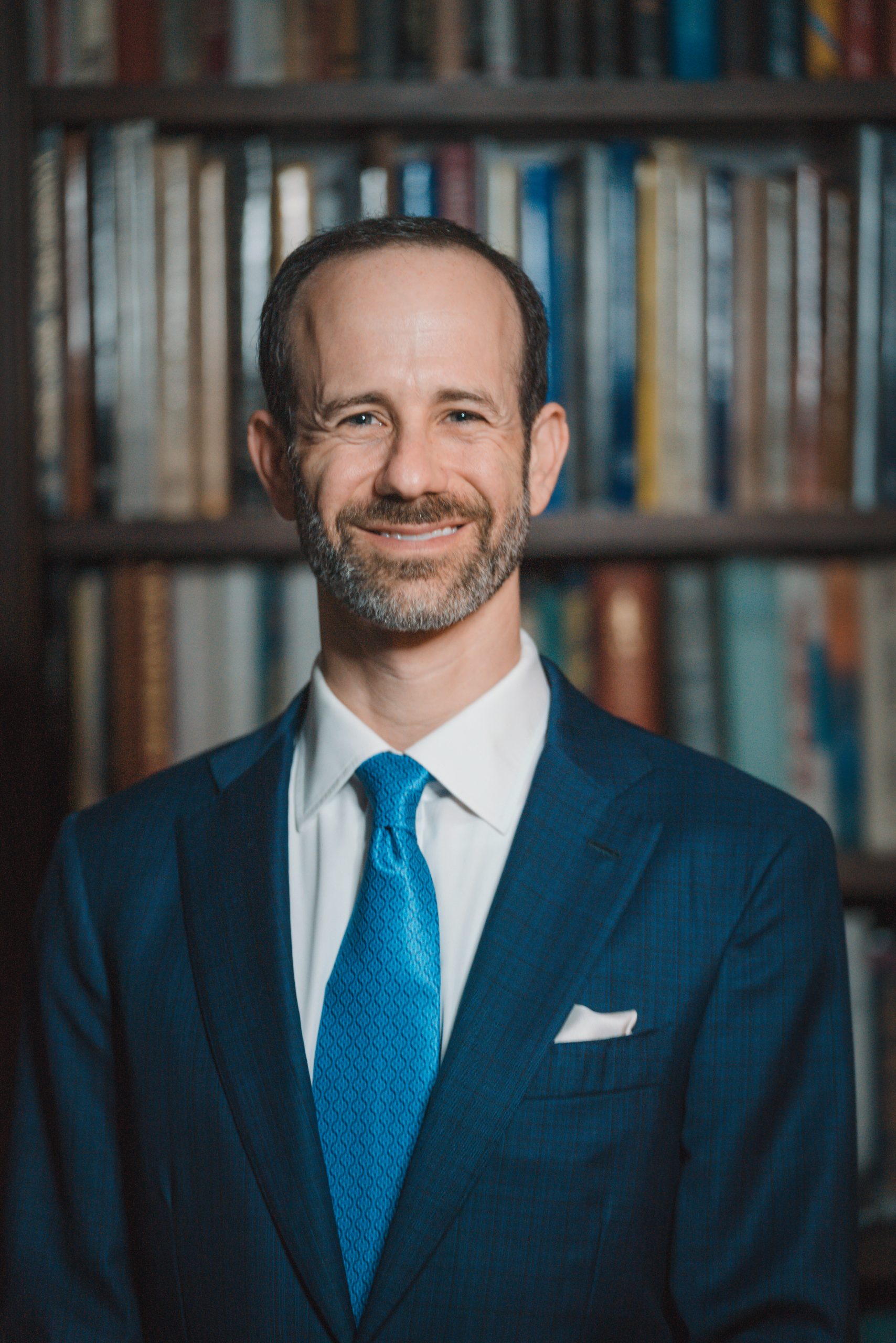
Benjamin Gordon is founder and Managing Partner of Cambridge Capital. He draws on a career building, advising, and investing in supply chain companies. Benjamin has led investments in outstanding firms, including XPO, Grand Junction, Bringg, and others. As CEO of BGSA Holdings, Benjamin has spent his career investing in and helping to build supply chain and technology companies. Benjamin led the firm’s efforts, advising on over $1 billion worth of supply chain transactions. Benjamin raised $28 million from blue-chip investors including Morgan Stanley, Goldman Sachs, BancBoston Ventures, CNF, and Ionian.
I had the opportunity to have an amazing conversation with Benjamin Gordon at Native Texter today. From talking about SEO for Supply Chain sites, Benjamin agreed to a quick interview.
He took the time to talk to me and answer some questions so I could get to know him better and hear more about the things that have helped shape his business success to date – let’s get stuck into it!
I am a big fan of learning from the life experience of others. Biographies are a terrific way to gain insight from the giants on whose shoulders we stand today. I turn to “Team of Rivals” to learn how Abraham Lincoln assembled a coalition of strong-minded and divergent people to create a successful government. I pick up Walter Isaacson’s “Steve Jobs” biography to think about how Jobs created a new industry by imagining how to give customers an “insanely great” new experience in technology. And I just finished T. J. Stiles’ “The First Tycoon” for insight as to how Cornelius Vanderbilt pioneered the American transportation network.
Aha – this is the Tim Ferriss question! In this world of virtual meetings, I bought a Logitech C920 PRO HD Webcam, plus a Neewer LED ring light. The webcam provides high video and audio quality, and the ring light improves the visual experience.
In the deal business, I often hear people say, “Turn over another card.” This is code for “I don’t know if it’s a good idea, but let’s spend some more time on it.” You can end up spending days, weeks or months on mediocre ideas, “turning over cards.” I would rather spend more time on the ideas I’m excited about!
I write down my goals. At the end of every week, I look at my goals, and ask myself: “How did I do? What did I do well? What could I do better?” It’s so simple, and yet so effective.

I bought a standing desk in my office. Then, after COVID hit, I bought a similar standing desk at home. There is something energizing about standing when I read and write. It forces me to engage, and to take a more active stance with respect to the subject at hand. I don’t know if the health benefits are as advertised, but I believe the mental focus boost makes a difference!
I set a goal of reading a book a week. I don’t always achieve it, but the goal helps. I learn so much more from the collective wisdom of others, and it’s far more rewarding than getting consumed by short-term “breaking news” cycles.
I love the definition of entrepreneurship articulated by HBS professor Howard Stevenson: “Entrepreneurship is the pursuit of opportunity without regard to resources.” This is fantastic! It means you should define your idea first, and then worry about how to get there. If you start with the resource question, you will always think smaller than if you begin with the opportunity
I invested in a terrible company and lost 99% of my money. The company looked great on paper and had tripled for the prior two years. However, it turned out that the management team was dishonest. I learned a painful lesson: without high-integrity people, nothing else matters! I’m grateful that I endured this failure because it made me much more focused on seeking out high-integrity people that I can trust. It also caused me to prioritize investing in the supply chain sector, where I know many of the key people, trends, and resulting opportunities. That focus gives me an edge that I wouldn’t have otherwise developed.
Your end goal might be to do what you love. But to get there, focus on your reputation. If you work hard and do a great job, people will know they can rely on you. If people can trust you, they will give you more responsibilities. And as you earn more responsibility, you will gain more control over your time. This might sound simple, but it’s true.
My son (at the time 11) asked me about my day. When I expressed frustration about the day’s challenges, he asked me, “Can you get out of that business?” Sometimes we are a prisoner of cell blocks of our own creation! It’s refreshing to ask a core question. Can you just stop doing that one thing?
Start your first company sooner. Whether you succeed or fail, you will learn more, and compress the cycles of improvement.
At Cambridge Capital, I invest in outstanding companies in the supply chain sector. We finance growth capital and buyouts for logistics, distribution, and technology firms. I add value in several areas. First, my team and I provide unique expertise. I’ve founded four companies, and my partners have built some of the largest firms in the supply chain world. So we can provide pattern recognition and insights. Second, we can give our companies a commercial boost. After I invested in one company, I introduced them to what would become 40% of their revenue the following year. Because we are so focused on logistics and supply chain, our knowledge and relationships can translate into tangible business gains. Third, I help my teams recruit. For another company, I’ve recruited a CEO, head of Product Management, Head of Data Science, and VP of Sales. In a high-growth business, talent is a key competitive advantage! Fourth, I can guide my companies through M&A and capital markets to maximize value. Because I built an investment bank that worked on over 50 deals, we know the universe of buyers, sellers and investors quite well. So we can help our companies pursue acquisitions, raise capital, and eventually sell at premium outcomes. As a result, I think Cambridge Capital has earned a reputation as the partner of choice for founders of outstanding logistics and supply chain companies.
I’d love to be a professor of either entrepreneurship or foreign policy.
The logistics industry is going through a transformation. Technology is enabling supply chain companies to use automation to change how goods are delivered. The smartest companies are figuring out how to combine the flow of goods, information and money in creative ways to create more value. Our portfolio companies embody many of these qualities. For instance, XPO is now an $18 billion company. It started in expedited transportation. But now XPO spends more than $400 million a year on technology. It is automating warehouses, integrating its systems with Fortune 500 customers, and finding new ways to deploy technology in unique ways.
I would turn to my library and pick out Winston Churchill. He was a flawed individual, but he was clear about one crucial issue – the threat of Nazi Germany. And he was equally clear about what Great Britain needed to do – marshal its resources to fight back, rally world support, and turn the tide. It began with clear thinking. It proceeded with persuasive speeches. And it culminated in true leadership.
I write down my goals. It lets me remind myself of what matters!
It would take more than a minute, but I highly recommend speed reading!
Beethoven’s 9th Symphony.
Like everyone, we’ve had to replace face-to-face meetings with Zoom. One benefit is that it’s taught us that conventional wisdom isn’t always wise. For instance, it turns out that you can actually get deals done without having to fly across the country. Sometimes the site visits aren’t as important as we thought!
Automation and “work from home” has transformed logistics. It has accelerated the transfer of value from analog to digital. Freight tech has become more important than ever before. And portfolio companies of Cambridge Capital, like Bringg, have become beneficiaries.
I live in Palm Beach. No need to travel!

Pearl Lemon are an SEO, PPC, PR, and B2B lead-generation agency. We are based in London but service clients around the world.
We have taken the time to interview entrepreneurs and experts (like Benjamin) in this new series.
Company Address
Contact Us
© All Rights Reserved | Company Number: 10411490 | VAT Number: 252 7124 23